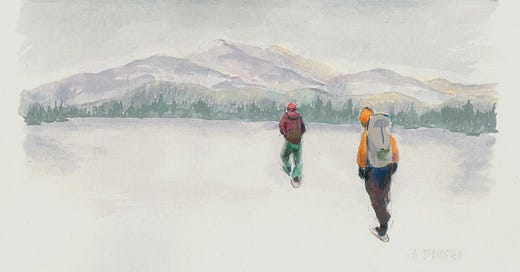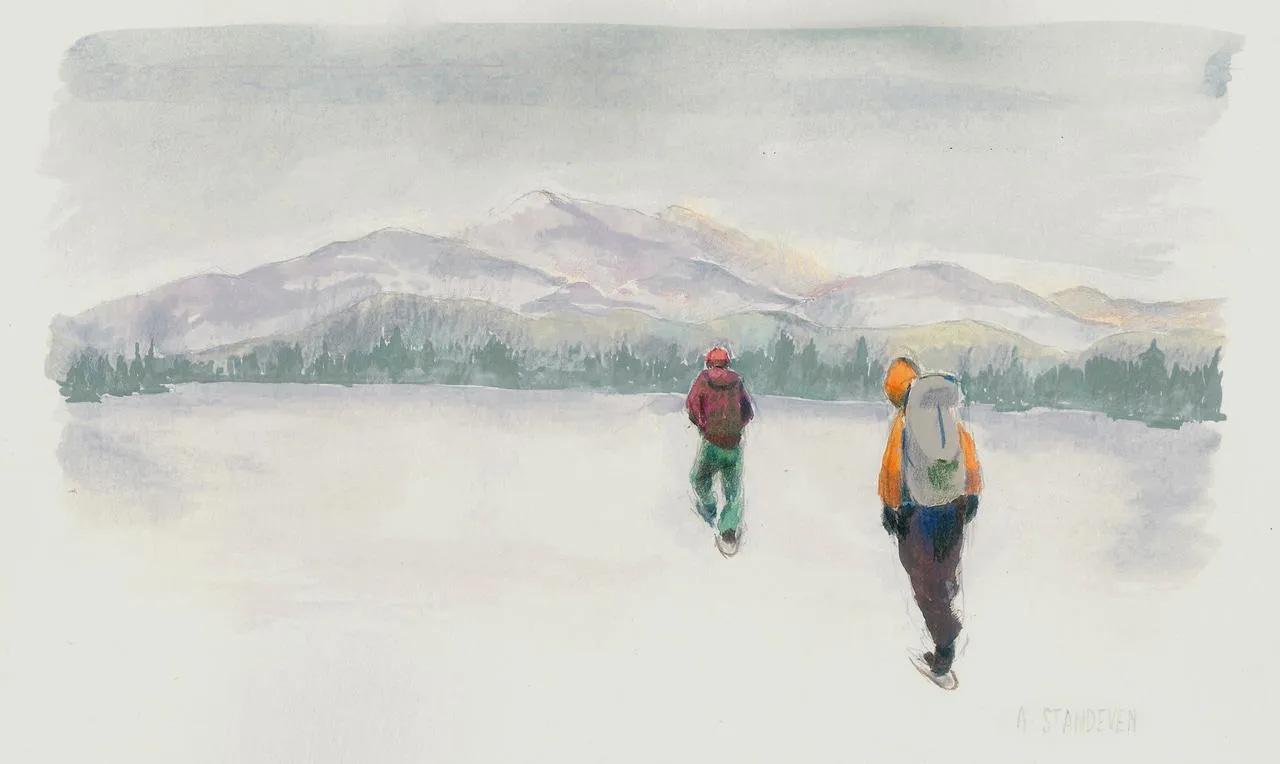The Night My Parents Had Me Kidnapped
Two strangers dragged me from bed in the middle of the night and drove me into the woods. But this wasn’t a random abduction—just my ticket to a boot camp for troubled teens.
They entered as I slept. They called me by name, asking me to get up, get dressed. They were on a schedule. I was still hungover and had hoped to sleep, something I rarely did. I tasted stale cigarettes and rolled over to check the time on my cellphone. Along with the wallet, cigarettes and lighter I kept on a Rubbermaid container by my bed, my phone was missing. Its charger hung from the outlet. I wearily asked if one of the two men now standing in my room knew where it was. They did. But they were on a schedule and we couldn't be late. This is it, I remember thinking. Time’s up.
It was about two a.m. and the men grew agitated when I turned away. Nuzzling my pillow, I remember thinking this couldn’t be happening, not to me. I fell asleep for a moment and awoke again when one of them pulled off my covers. Grabbing one of the corners, I pulled hard and tried to bring the covers over my head to keep the lights in my room,…
Keep reading with a 7-day free trial
Subscribe to Narratively to keep reading this post and get 7 days of free access to the full post archives.




